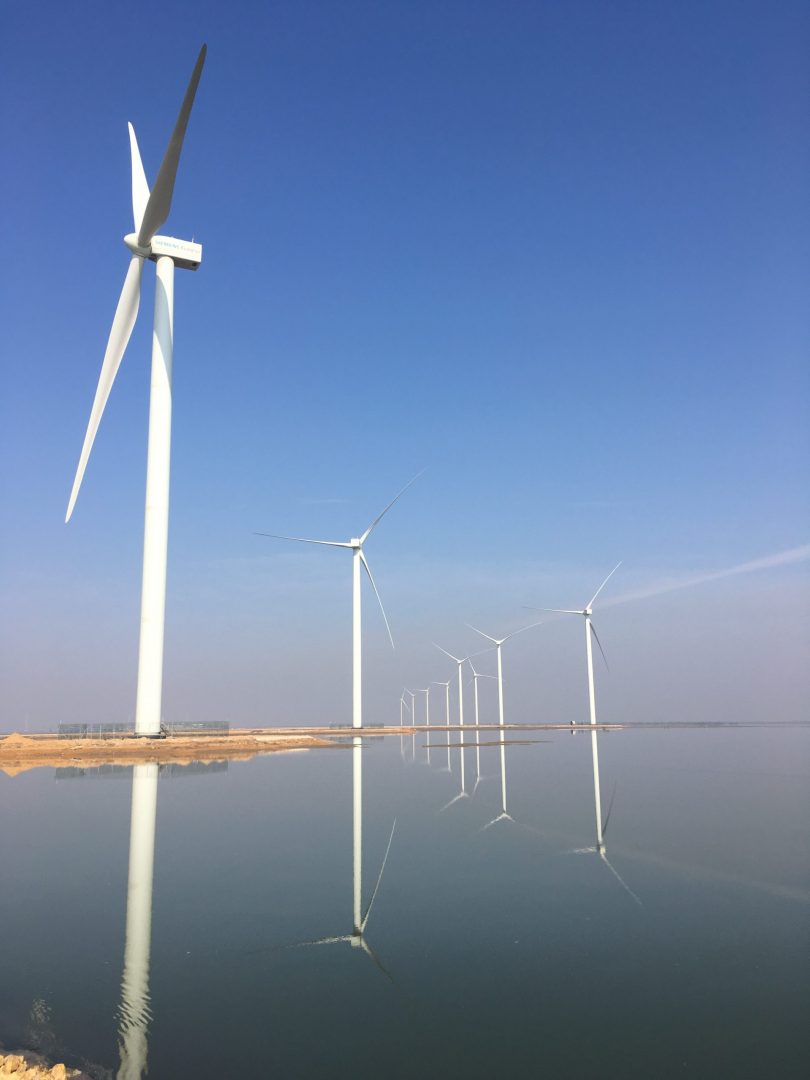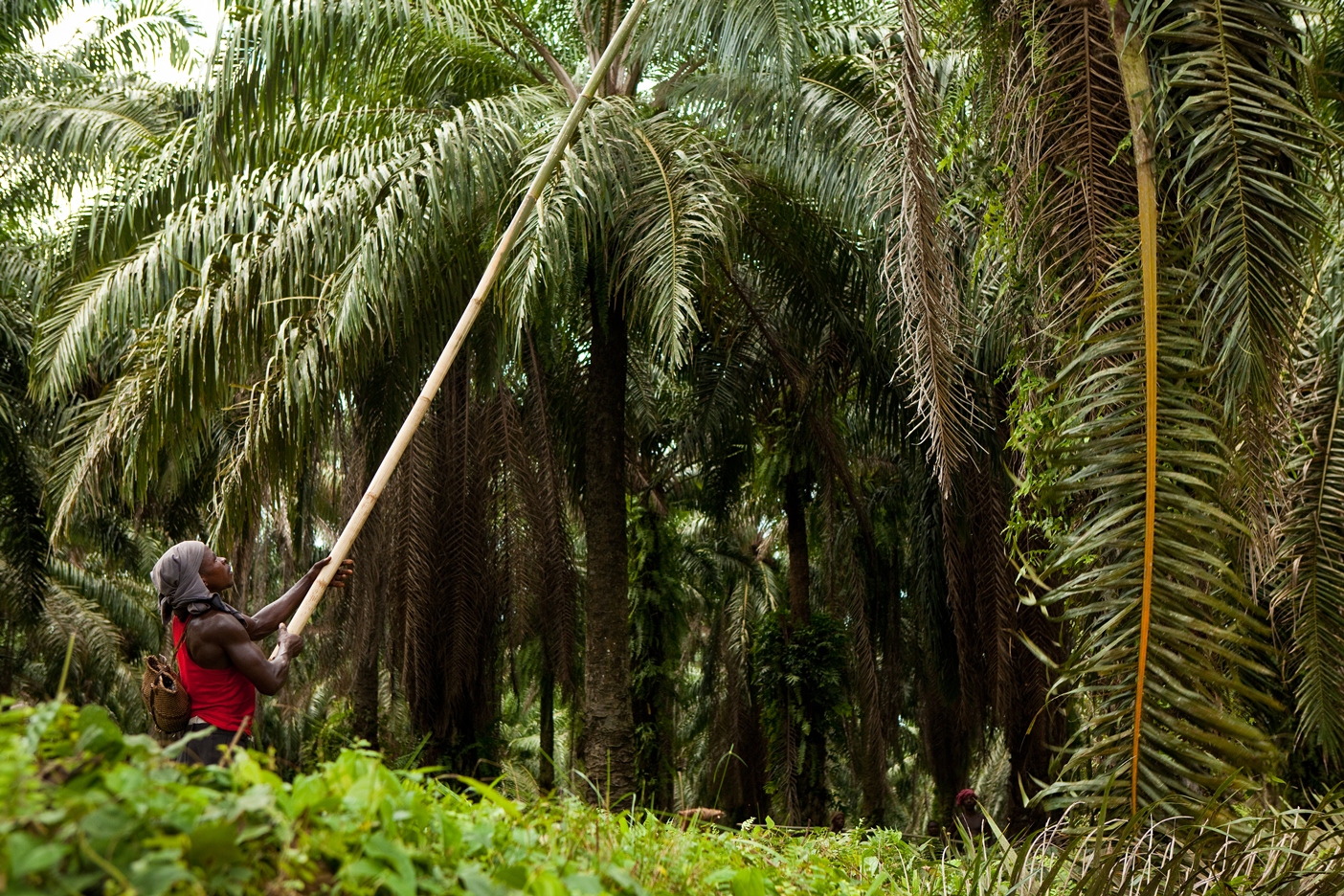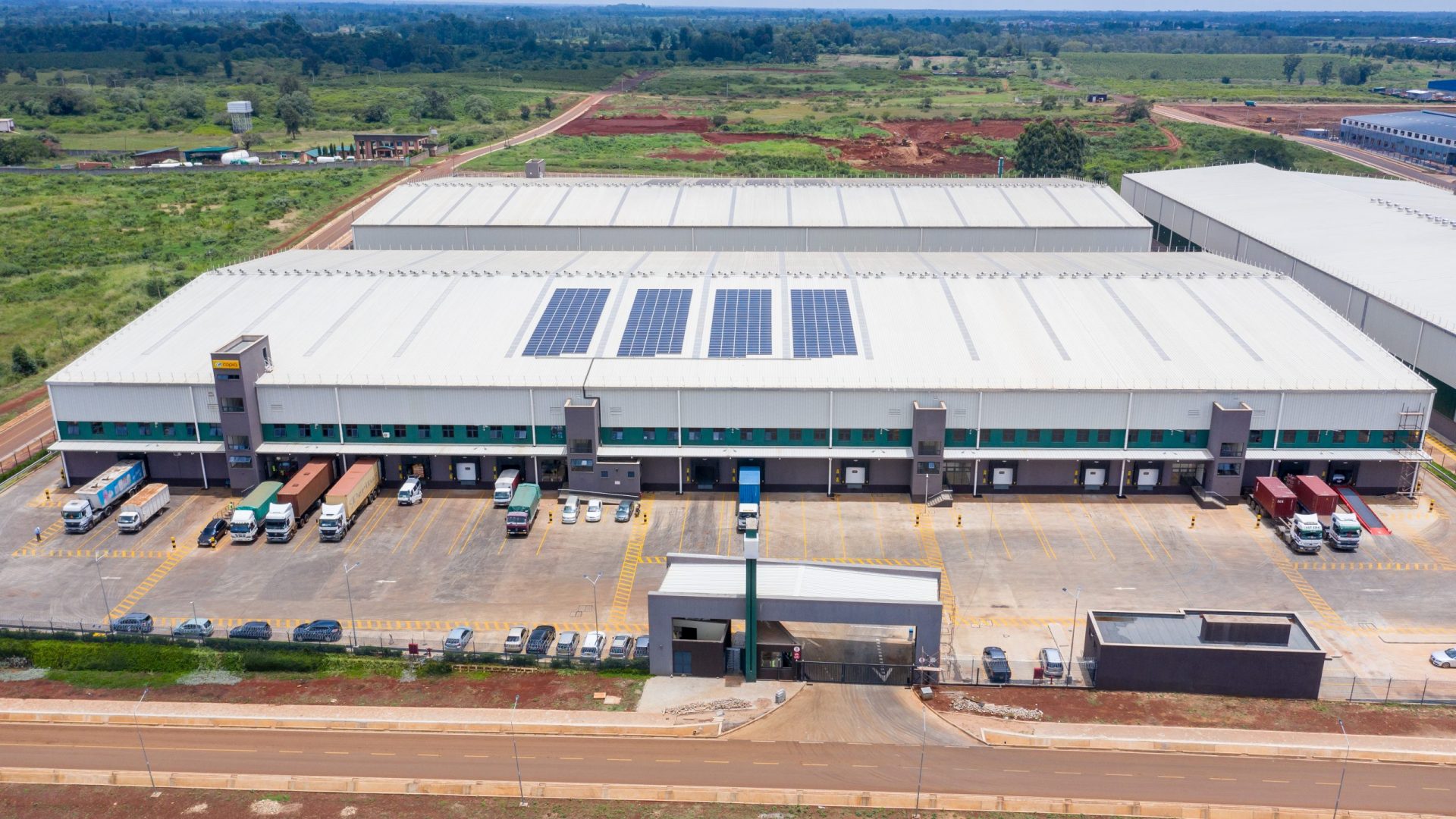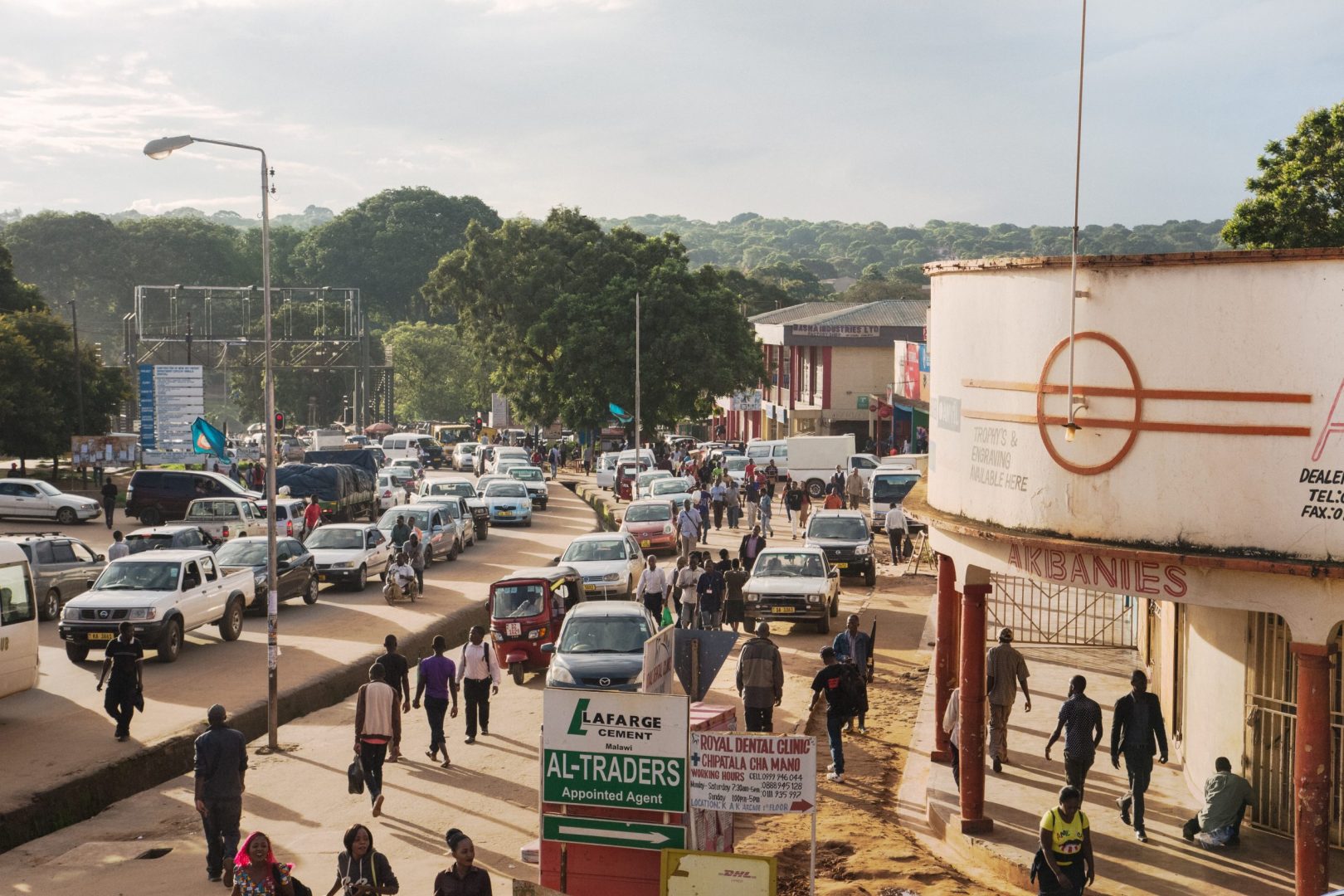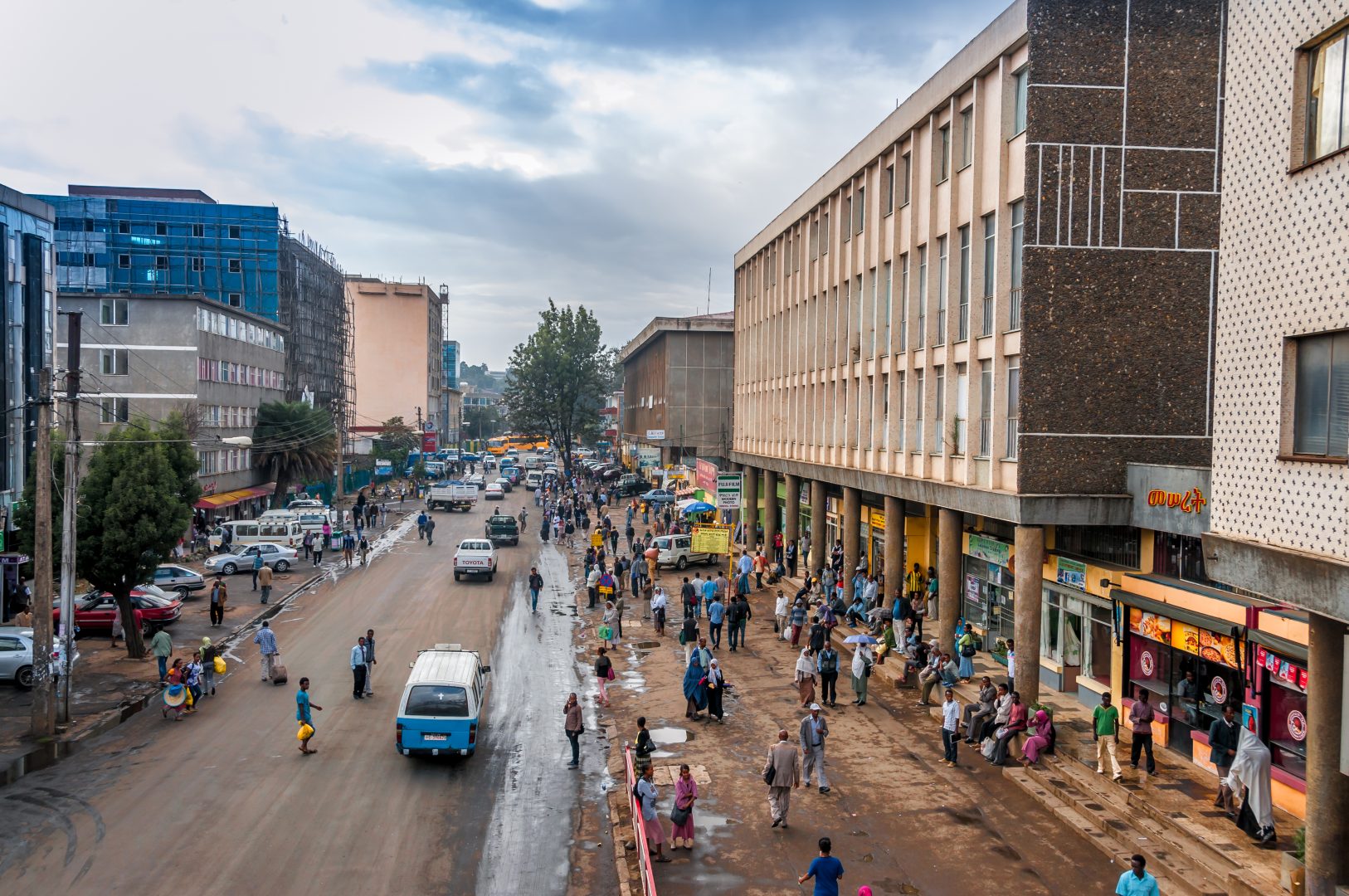Our Board member Andrew Alli has written an Op-ed for The Guardian Nigeria on Nigeria’s Jubilee Independence Day
You can read the article here
The 60th anniversary of our independence is an important milestone, one that gives cause for celebration – but also gives cause for reflection. While the road hasn’t always been smooth, tremendous progress has been achieved over this period: life expectancy has increased from 37 to 54 years and GDP per capita has grown from US$93 to over $2,000. In 2014, Nigeria overtook South Africa as the continent’s largest economy, this position was reconfirmed earlier this year. 2015 marked the first time since independence that a sitting government peacefully transferred power to an elected member of the opposition.
As one of the most exciting entrepreneurial and innovative hubs in Africa, Nigeria is a priority country for CDC, the UK’s development finance institution and Africa’s largest impact investor. Having invested in the country since 1949, we have witnessed first-hand the growing importance of the private sector over many decades. Our first investments in Nigeria were in the agricultural sector; in 1949 we invested in West African Fisheries and Cold Store. Since then we have become a prominent investor in Nigeria with a diversified portfolio worth in excess of $420 million dollars. We now have investments in close to 100 businesses in the health, infrastructure, financial services, manufacturing, food & agriculture, consumer goods and telecommunications sectors, collectively directly supporting 38,000 jobs. These range from small SMEs to top-tier financial institutions such as Access Bank and industrial players like Indorama, which is building a US$1.2 billion urea fertiliser plant – the largest in the world – in Port Harcourt.
We are also proud to have played a key role in establishing and growing the local private equity (PE) industry by helping African Capital Alliance (ACA) establish its first SME-focused fund in the mid-1990s. ACA went on to raise three additional funds and is one of the great success stories in Nigeria’s PE ecosystem, having invested in Union Bank and Daraju, among many others.
The private sector’s needs have remained broadly the same over the last 60 years: companies require a mix of debt, equity and other financial products, as well as a range of in-depth expertise from their investors to grow, innovate and capture new markets. Venture capital represents an increasingly exciting new asset class – and one where Nigeria has truly excelled, with Lagos establishing itself as one of the continent’s leading start-up innovation hubs.
While significant progress has been made in recent years in terms of improving the business environment, I see this as one of Nigeria’s top priorities – real progress is needed so that our nation can capitalise on its untapped potential. We have a unique entrepreneurial culture, a large population and a domestic market with strong links to our neighbours and the wider continent, combined with the potential to become a major hub for intra-Africa trade and exports outside the continent. But a challenging business environment is holding us back from attracting the investment we need to realise this vision and turbocharge growth in the private sector.
In 2018, Nigeria attracted less foreign investment than Ghana, a country of 30 million people. But we are on the right track on some dimensions: Nigeria rose 15 places on the World Bank’s Doing Business Index between 2019 and 2020, marking one of the biggest leaps. Since 2006, Nigeria has gained 39 places, although there’s much debate as to the accuracy and meaningfulness of these indices.
The government has repeatedly made commitments to address the complex and multifaceted issues that hinder our private sector. The establishment of the Presidential Enabling Business Environment Council and work by the Nigerian Investment Promotion Commission have helped to tackle some bottlenecks. But major challenges remain in areas such as electricity and foreign exchange availability, raising the cost of investment for local and international investors alike. Likewise, streamlining administrative procedures and ending policy and regulatory uncertainty will be key to encouraging further investment and driving long-term employment. This is central to boosting and diversifying the economy and improving the livelihoods of millions of Nigerians.

Andrew Alli, Non-executive Director, CDC Group

